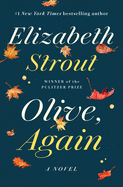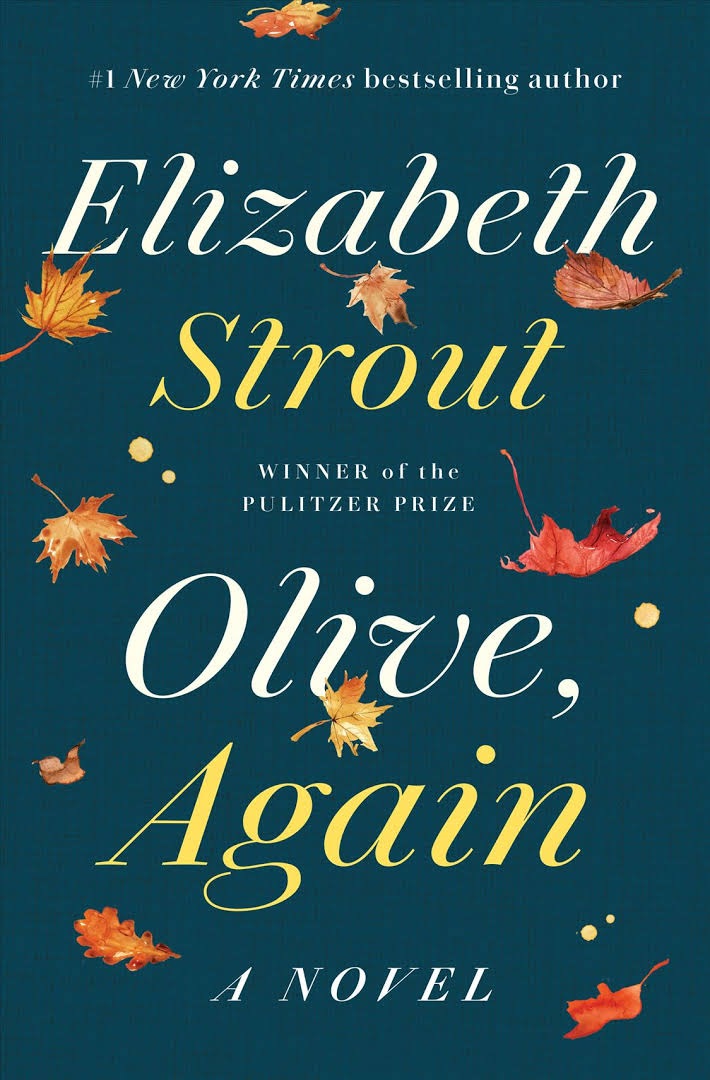 Over the course of seven beautifully written, luminous novels, Elizabeth Strout (My Name Is Lucy Barton) has explored the tenuous bonds of family, secrets, and the aftermath of shattering losses and repressed grief. Binding all of Strout's work are characters humanized in their ordinary lives--lives assailed by hardship, teetering between despair and hope.
Over the course of seven beautifully written, luminous novels, Elizabeth Strout (My Name Is Lucy Barton) has explored the tenuous bonds of family, secrets, and the aftermath of shattering losses and repressed grief. Binding all of Strout's work are characters humanized in their ordinary lives--lives assailed by hardship, teetering between despair and hope.
In the Pulitzer Prize-winning Olive Kitteridge, Strout traced the life of a rigidly stoic, set-in-her-ways, lifelong inhabitant of fictional Crosby, Maine. Olive--a former high school math teacher; the wife of a small-town pharmacist--is judgmental with often grating hard edges that forge her opinions and resilience.
In Olive, Again, Strout picks up Olive's story in her seventh and eighth decades. Olive, an aging widow, contends with a now elusive world and her feelings for widower Jack Kennison, the antithesis of Olive. Jack, a staunch Republican and former professor at Harvard, migrated to Crosby after a co-worker accused him of sexual harassment and he was fired. He is drawn to Olive, questioningly.
As the narrative unfolds, readers learn that Olive and Jack have married. Despite their vastly different pedigrees, they are moored in similar emotional harbors, which unites them. Olive and Jack had first marriages to good people, yet both carry--and grapple with--guilt. Loneliness plagues them. They take stock of their fates, choices and destinies in a changing world, while facing the often-humiliating infirmities of aging. Jack tries to reconnect with his estranged daughter, a lesbian whom he never accepted. Similarly, Olive contends with her strained relationship with her son, who's married and raising a blended family in New York City.
The 13 episodic stories that constitute Olive, Again are deep and meaningful--made richly entertaining and accessible through Strout's skillful blend of the serious with the comedic. Jack gets arrested for speeding and suspected DUI. Olive delivers a baby, hosts her son and his bewildering family, suffers a heart attack and faces colorful caretakers and assisted living. Along the way, former students inspire wisdom in Olive, including a visiting poet laureate and a shunned, gravely ill young wife who helps Olive better understand her feelings for Jack. In stories where Olive takes a supporting or cameo role, Strout delivers some of her finest work, exploring characters mired in deeply personal chaos and emotional exile, bearing immense private burdens, struggling to cope and transcend dysfunction in their own lives and in their families. Devotees of Strout's work will be pleased to revisit several characters featured in previous books.
Insight and humor permeate these vibrant, multi-dimensional stories that could easily stand alone, but are augmented by familiarity with the first book. As Olive searches to make sense of--and find meaning for--her life and the people in it, she muses: it's "never starting over... it's just continuing on." How fortunate for readers that Strout--an astute and sympathetic storyteller--has continued Olive's moving and profound journey. --Kathleen Gerard, blogger at Reading Between the Lines
Shelf Talker: A prickly Maine woman finds hard-won wisdom as she butts up against the challenges of aging and ordinary life--and others struggling to survive.
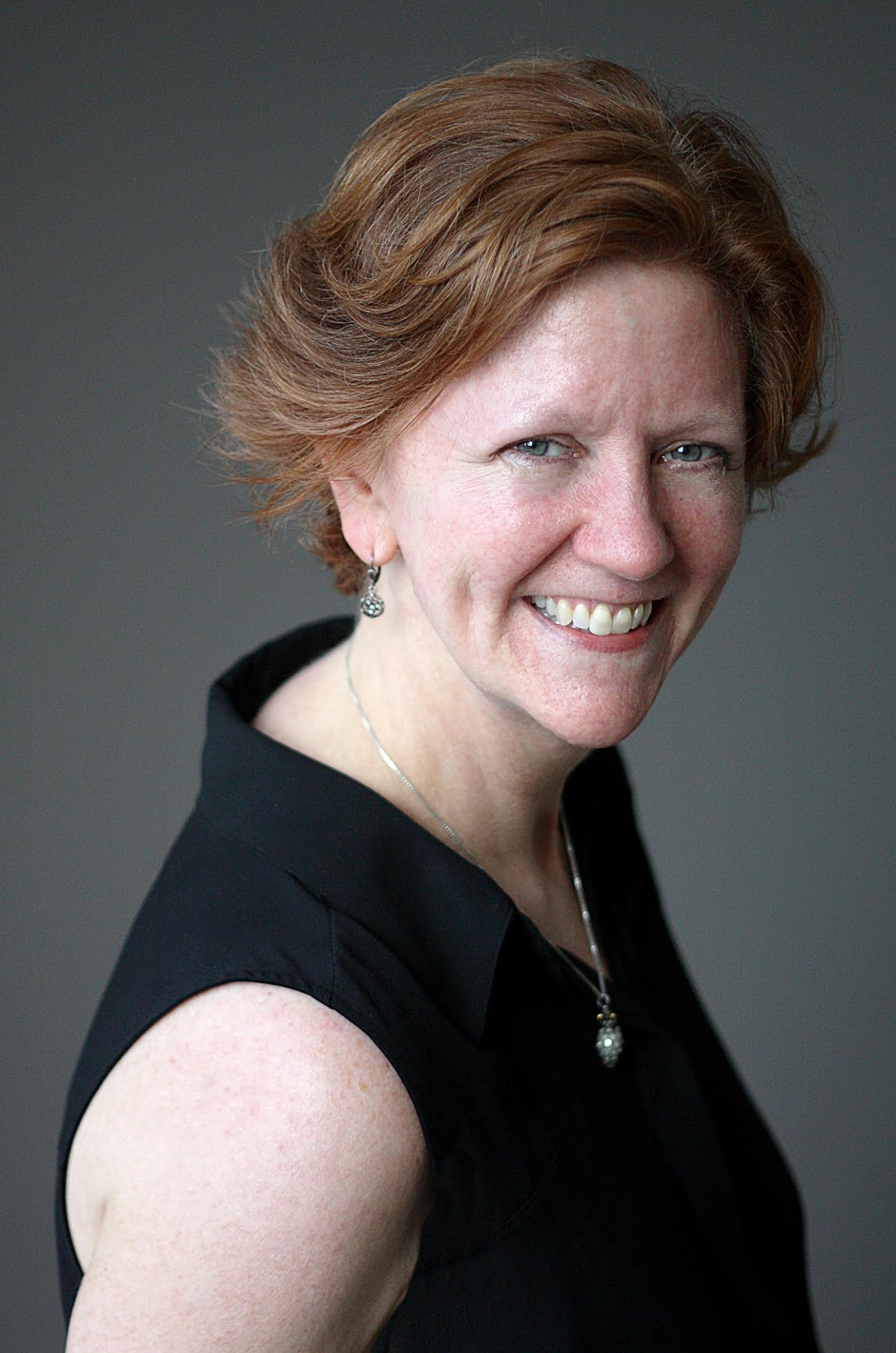
















 James Patterson and
James Patterson and 
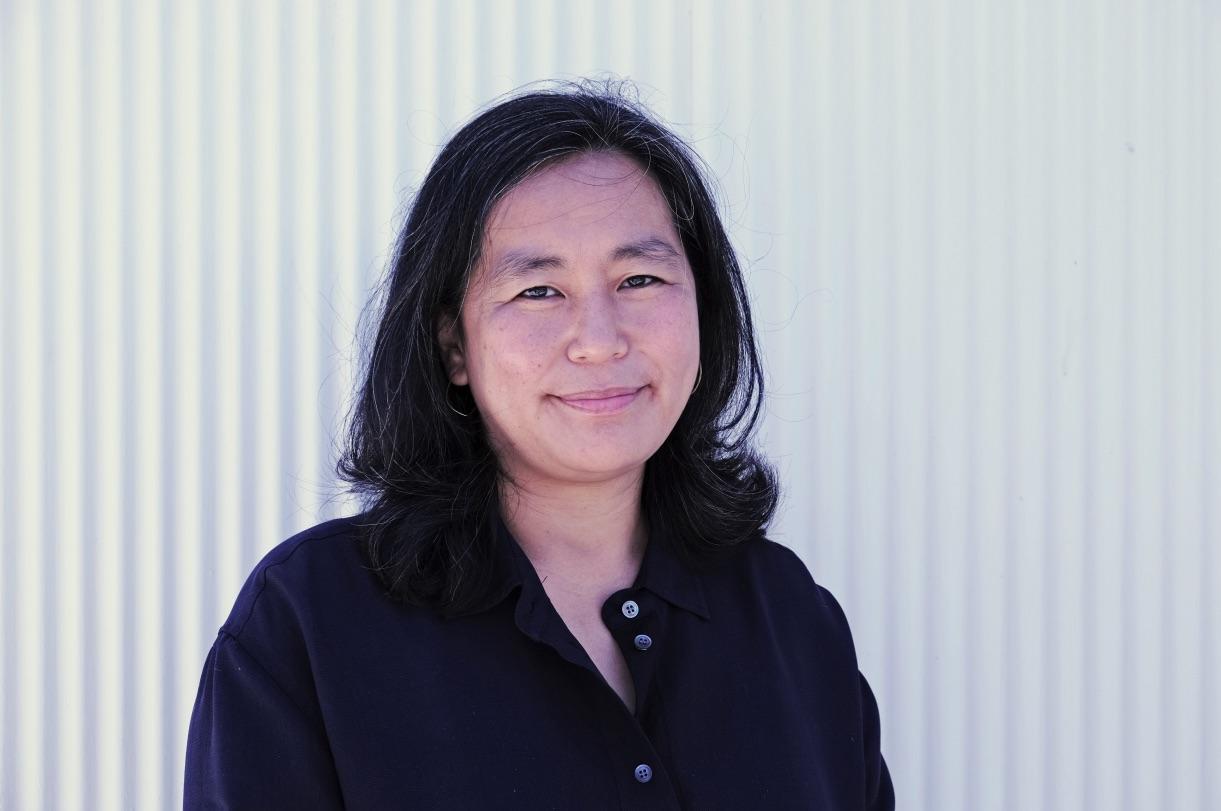
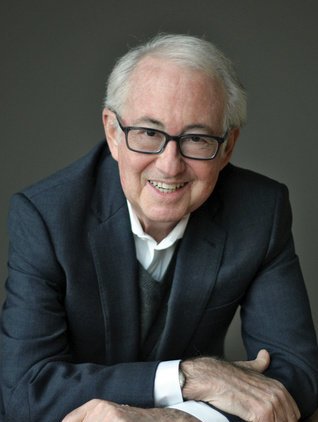
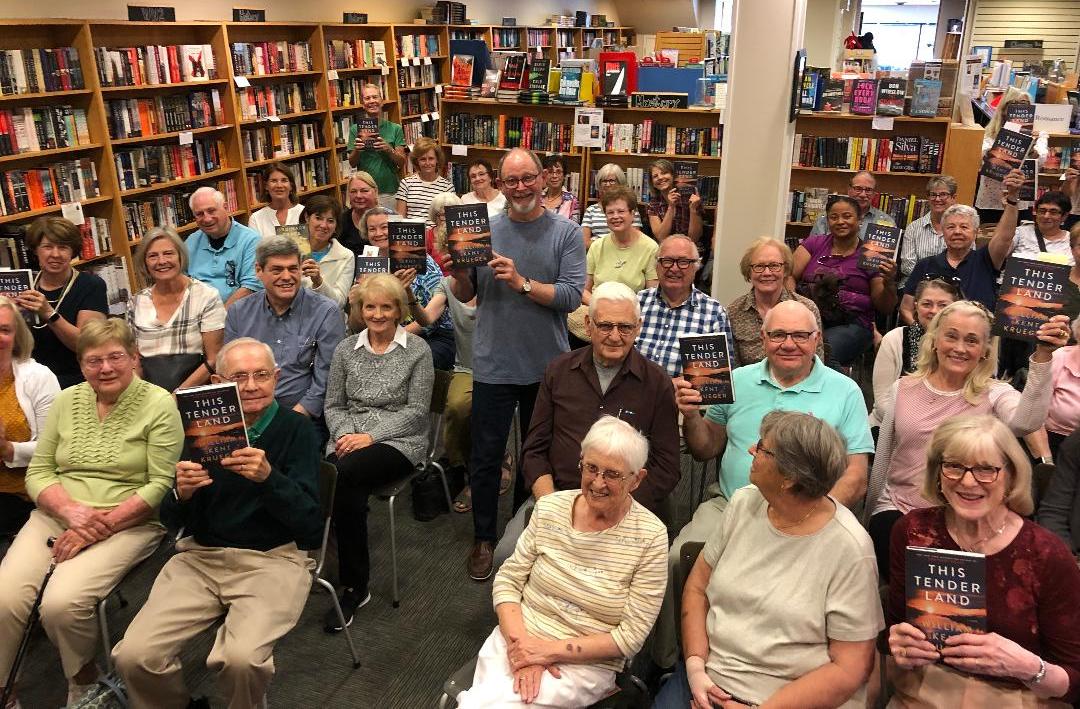
 Pennie Clark Ianniciello, Costco's book buyer, has chosen The Invisible Bridge by Julie Orringer (Vintage, $16.95, 9781400034376) as her pick of the month for September. In Costco Connection, which goes to many of the warehouse club's members, she wrote:
Pennie Clark Ianniciello, Costco's book buyer, has chosen The Invisible Bridge by Julie Orringer (Vintage, $16.95, 9781400034376) as her pick of the month for September. In Costco Connection, which goes to many of the warehouse club's members, she wrote: 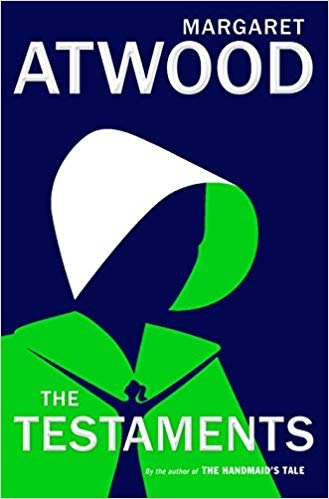 Barnes & Noble has chosen The Testaments by Margaret Atwood (Nan A. Talese, $28.95, 9780385543781) as its September national book club selection. The novel, which will be released tomorrow, will be the focus of a book club night at B&N stores around the country on Wednesday, October 9, at 7 p.m.
Barnes & Noble has chosen The Testaments by Margaret Atwood (Nan A. Talese, $28.95, 9780385543781) as its September national book club selection. The novel, which will be released tomorrow, will be the focus of a book club night at B&N stores around the country on Wednesday, October 9, at 7 p.m.  Vendetta in Death
Vendetta in Death Over the course of seven beautifully written, luminous novels, Elizabeth Strout (
Over the course of seven beautifully written, luminous novels, Elizabeth Strout (